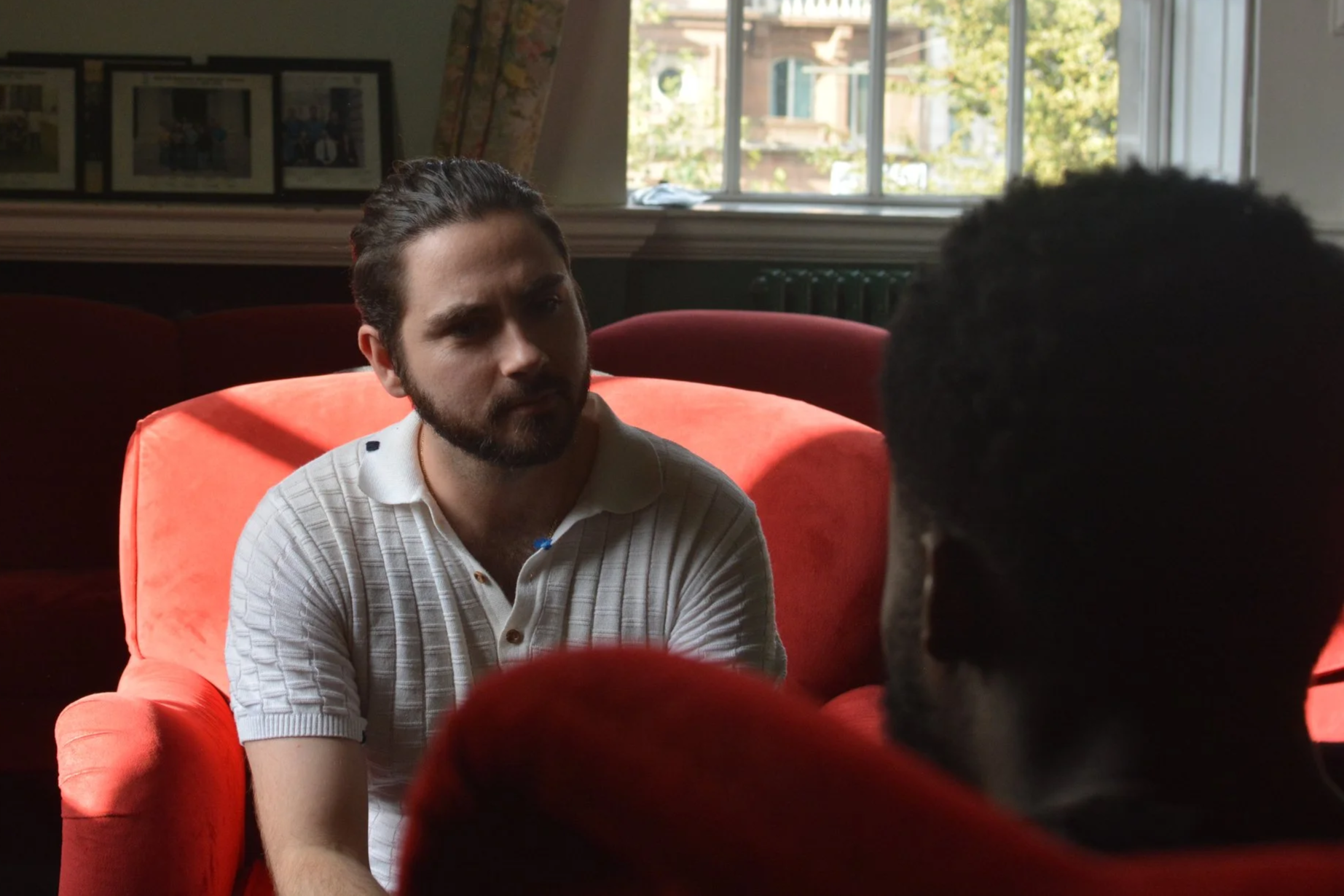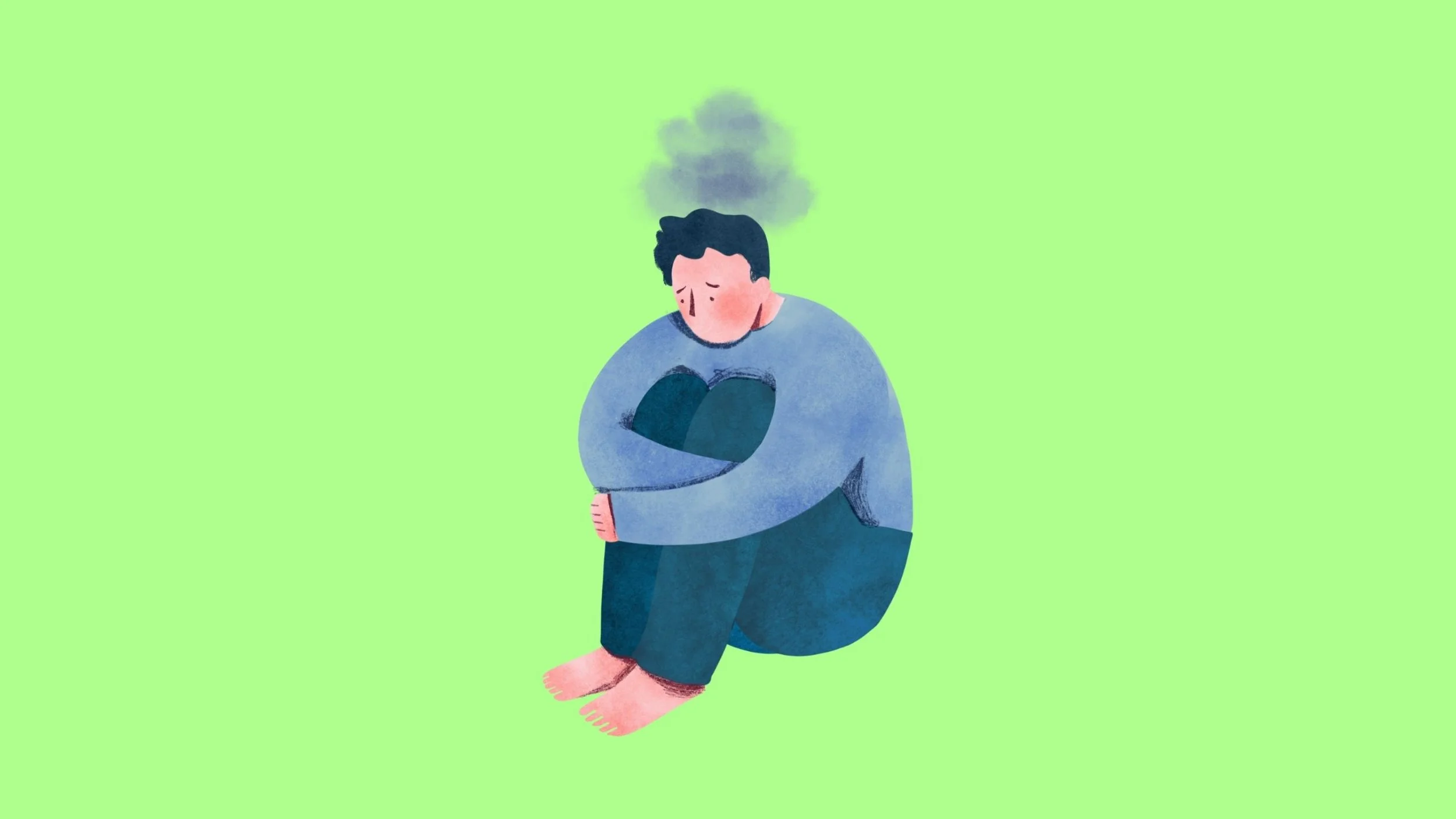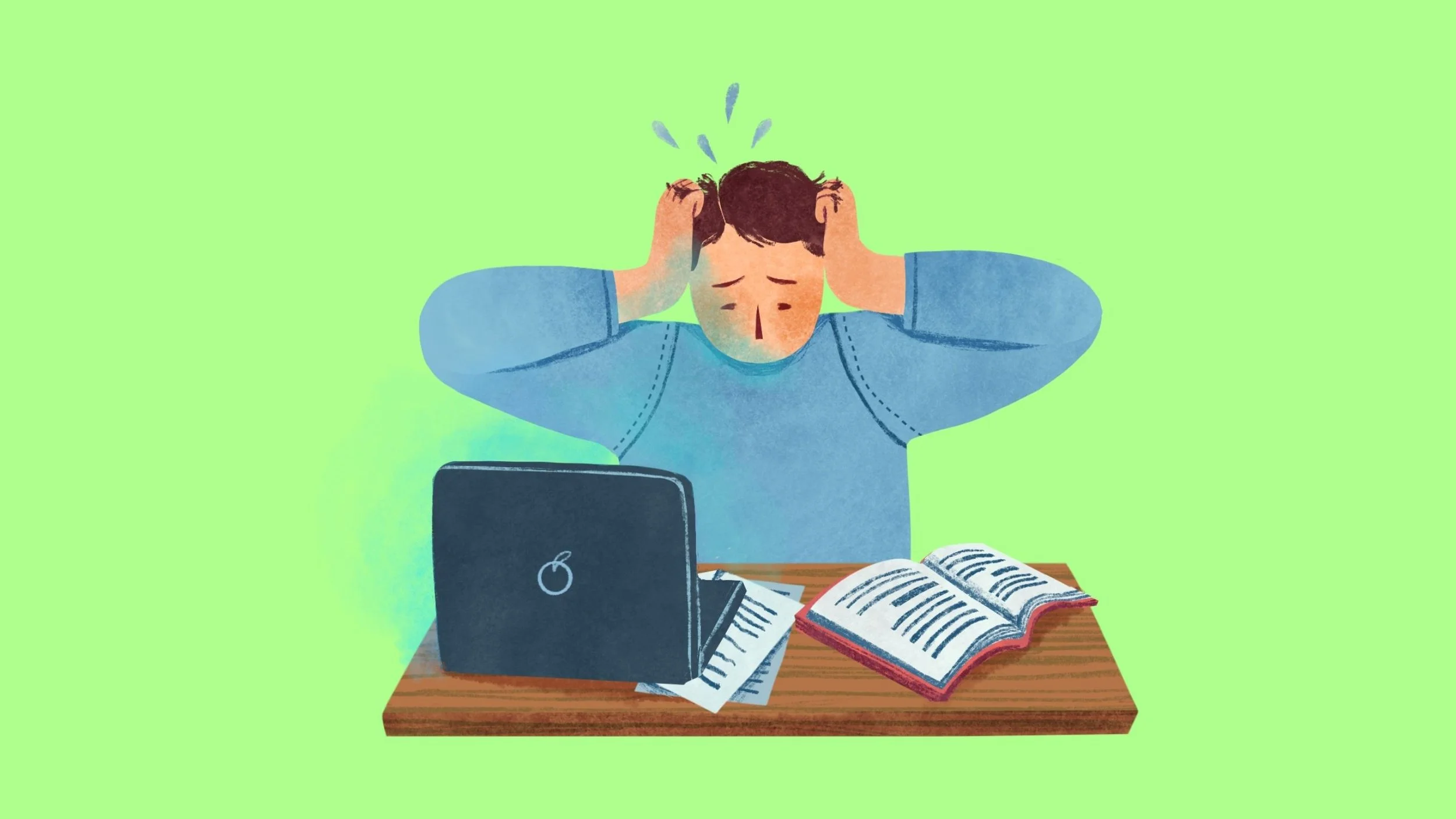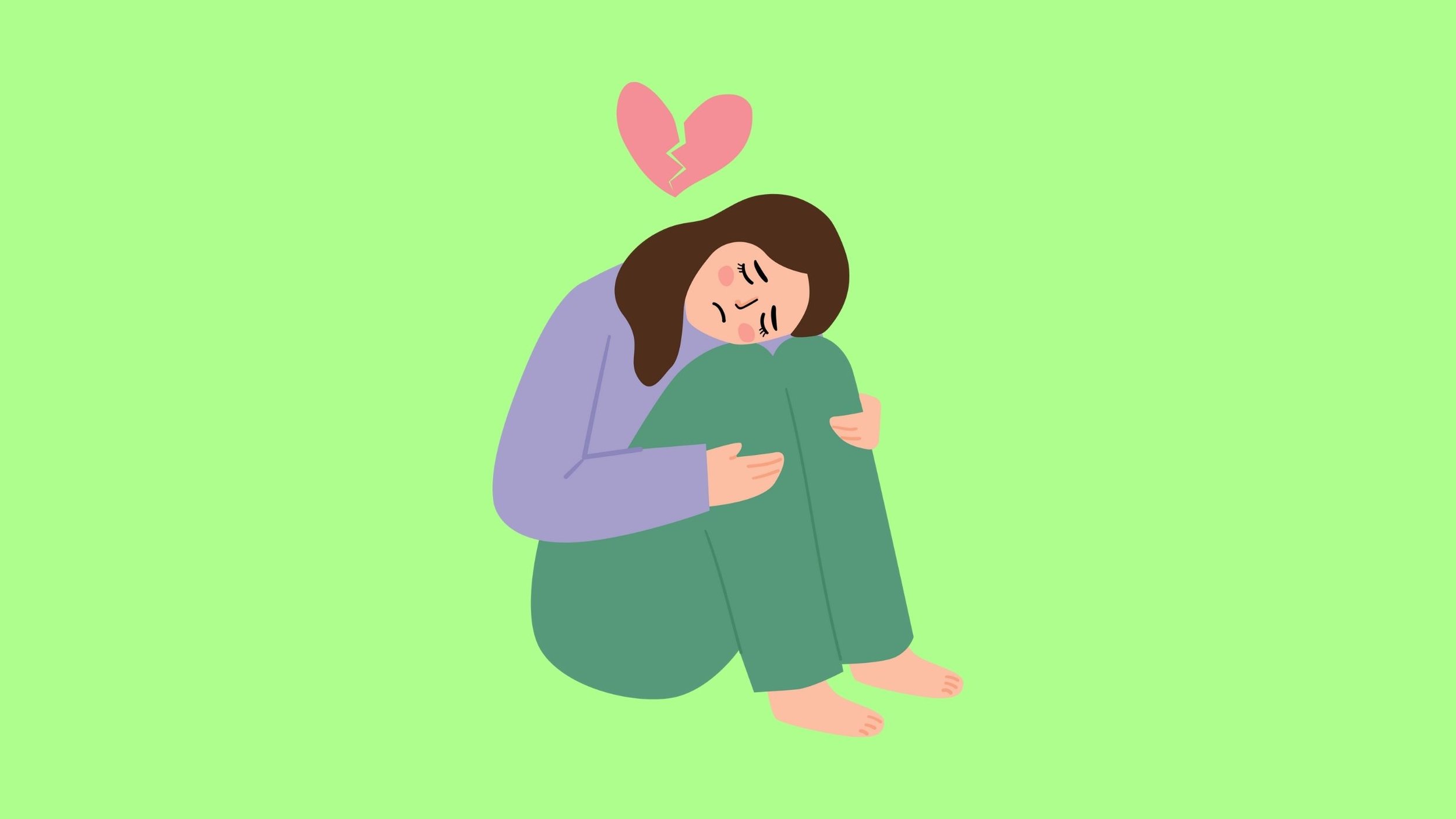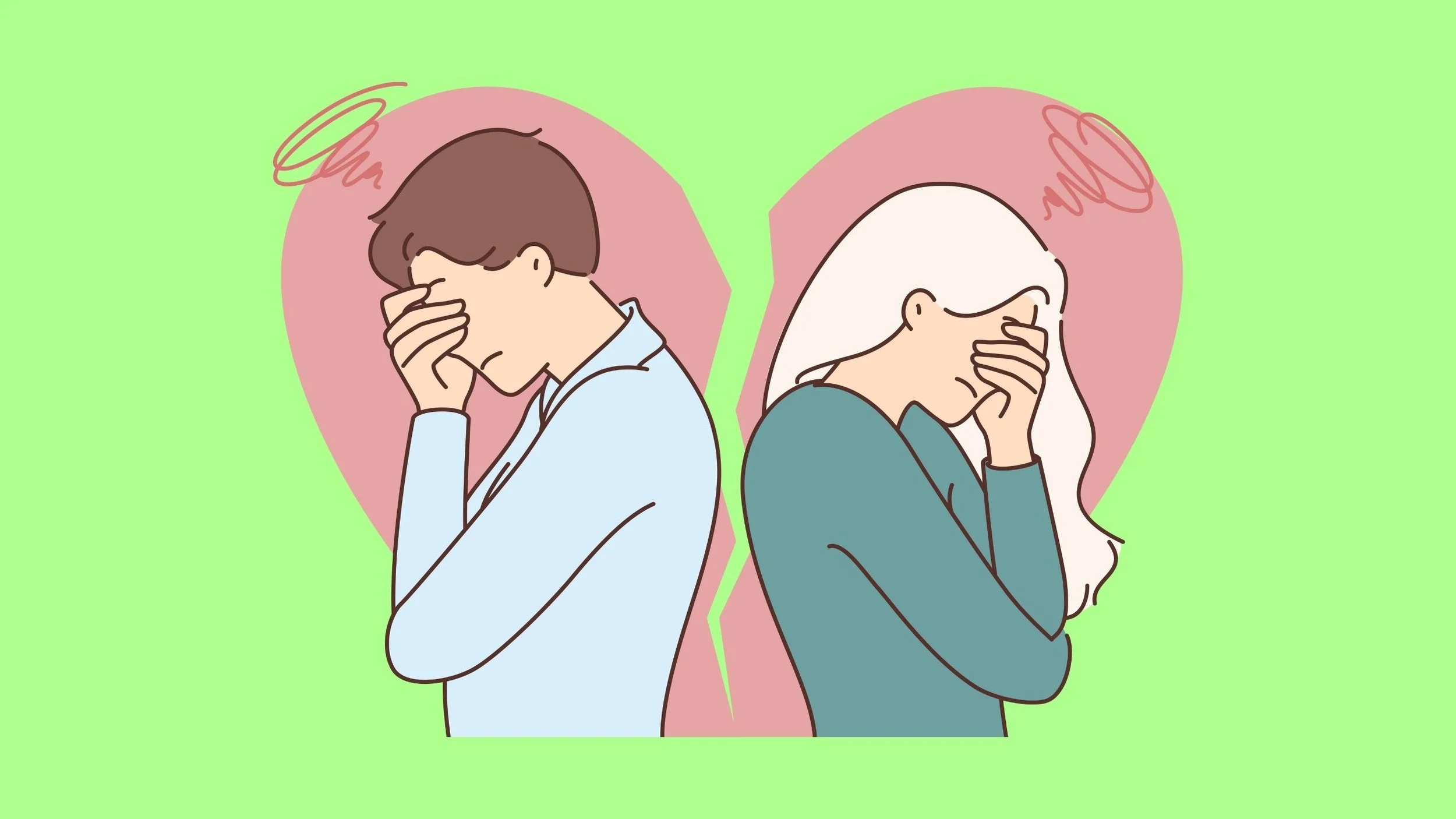Specialization Areas
Anxiety, Worry, & Panic
The experience of anxiety, worry, or panic can feel overwhelming and, at times, very isloating. These experiences often appear both emotionally and physically such as restlessness, a racing mind, muscle tension, difficulty sleeping, or a general sense of being “on edge.” Anxiety can take many forms and often centres on concerns about different areas of life, such as work, relationships, health, or social situations. It can also pull us away from the present moment, leaving us fixated on the past or preoccupied with the future.
For some, anxiety builds gradually, leading to ongoing worry and tension. For others, it may appear suddenly in the form of a panic attack, which can feel intense and frightening, often without an obvious trigger. Both experiences are valid and can deeply affect daily life, relationships, and overall wellbeing.
Therapy for anxiety, worry, and panic provides a supportive space to make sense of what you’re going through. Together, we can explore the potential causes of your symptoms, develop practical tools to manage stress, and create more space for calm, and balanced
Depression
Depression can feel heavy, isolating, and at times very overwhelming. It often affects not just how we feel emotionally, but also our energy levels, motivation, and even our physical wellbeing. Common experiences include persistent sadness, loss of interest or pleasure in activities, fatigue, changes in sleep or appetite, and difficulties with concentration. Depression can impact many areas of life work, relationships, and self-esteem and may leave you feeling disconnected from yourself or others.
Depression can develop in different ways. For some, it emerges gradually, becoming a steady presence over time. For others, it may arise more suddenly, often triggered by a challenging life event or a period of stress. No matter how it appears, the experience is real and can significantly impact daily life and overall wellbeing.
Therapy for depression offers a supportive and non-judgmental space to explore what you’re going through. Together, we can work to understand the underlying experiences contributing to how you feel, develop healthier ways of coping, and create opportunities for renewed connection and hope.
OCD
The experience of OCD can feel exhausting and, at times, very distressing. It often involves recurring thoughts, images, or urges (obsessions) that create significant anxiety, alongside repetitive behaviours or mental rituals (compulsions) carried out to relieve that anxiety. These patterns can appear in many forms such as checking, counting, cleaning, or seeking reassurance and may leave you feeling trapped in a cycle that’s difficult to break.
OCD can develops incrementally, becoming part of their daily routine. For others, it can flare up during times of stress or uncertainty. However it shows up, the impact can be profound, affecting work, relationships, and your overall sense of peace and wellbeing.
Therapy for OCD provides a safe and supportive space to understand what you are experiencing and why it persists. Together, we can work on breaking unhelpful cycles, reducing the intensity and frequency of symptoms, and building practical strategies that support a greater sense of freedom, balance, and confidence in daily life.
Burn Out
Burnout whether from academic pressure or workplace demands can feel draining and, at times, overwhelming. It often shows up both emotionally and physically, with symptoms such as constant fatigue, loss of motivation, difficulty concentrating, irritability, sleep disturbances, and a sense of being “stretched too thin.” Burnout can arise when the balance between demands and resources feels unsustainable, leaving little energy for rest, connection, or personal fulfillment.
For some, burnout develops slowly over time as stress accumulates without enough space to recover. For others, it can arrive more suddenly, especially during periods of high pressure, deadlines, or major transitions. However it presents, burnout can significantly affect your wellbeing, academic or professional performance, and relationships.
Therapy for burnout offers a supportive space to pause, reflect, and understand what is contributing to your stress. Together, we can explore healthier ways of coping, rebuild balance, and develop strategies to protect your wellbeing helping you to restore energy, reconnect with your goals, and create a more sustainable and fulfilling path forward.
Grief/Bereavement
Grief and bereavement are experiences that everyone encounters at some point in life, whether through the death of a loved one or the end of a meaningful relationship. It can feel overwhelming and, at times, deeply disorienting. Grief may show up in many different ways emotionally, physically, and even spiritually. You might notice sadness, anger, guilt, or numbness, as well as changes in sleep, appetite, or energy. These experiences can affect daily life, relationships, and your sense of connection to the world, sometimes lasting for years.
Grief often comes in waves, with emotions that rise and fall over time. For some, it may feel sudden and unpredictable, bringing intense feelings that can seem difficult to manage. However it appears, grief is a natural and valid response to loss, and there is no “right” way to grieve.
Therapy for grief and bereavement offers a compassionate and supportive space to process your loss at your own pace. Together, we can make sense of the emotions you are experiencing, honor your connection with the person or relationship you’ve lost, and explore ways to find balance and meaning as you move forward.
Relationship Issues
Struggles in relationships whether with a partner, family member, friend, or coworker can feel confusing, painful, and sometimes isolating. These difficulties often appear both emotionally and physically, such as feeling frustrated, disconnected, anxious, or overwhelmed. You might notice patterns of conflict, miscommunication, or repeated disagreements, or you may experience a sense of loneliness even when you’re with others.
Relationship challenges can take many forms. Some difficulties build gradually over time, creating ongoing tension or resentment. Others may emerge suddenly, through a major conflict, life transition, or unexpected change in connection. Both experiences are valid and can deeply impact your sense of safety, trust, and fulfillment in your relationships.
Therapy for relationship issues provides a supportive space to explore these challenges without judgment. Together, we can uncover underlying patterns, improve communication and emotional understanding, and develop practical strategies to strengthen connections and build healthier, more satisfying relationships.

